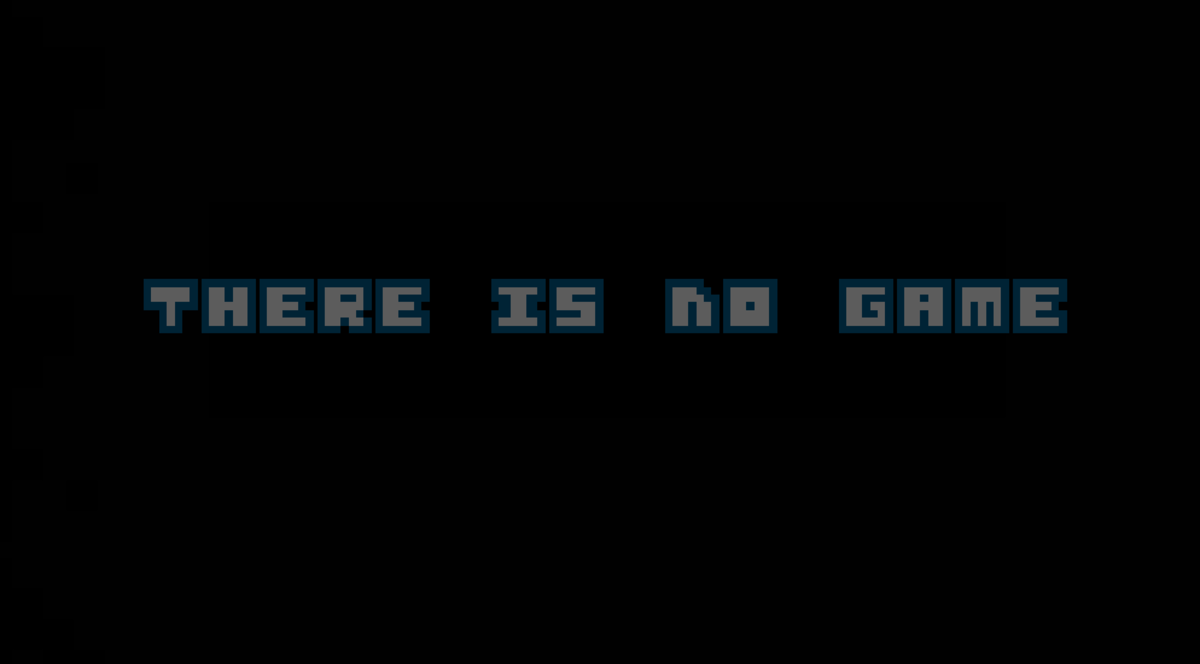Life Lessons from a Bubble-Exploding Game
Are there really life lessons in this stupid computer game?
It is a seemingly innocent "bubble-exploding computer game", but there's something strangely compelling about it.
I am extremely proud to report my success -- at last -- in clearing the board with 987 thousand-some points. Probably it only took about 937 tries, because I am not a fast learner.
I am, maybe, a bit compulsive in the human-computer competition area, especially if the game is rather simplistic.
This diversion has probably robbed me of a significant percentage of the useful time I have been allotted on earth, and at this stage of my life I'm not sure I have a lot of allotted hours left to waste.
There dozens of variations
The Benefits
On the other hand, I believe it has become sort of a meditative exercise which effectively clears my mind of worrisome things I need to do, like cleaning house, paying bills, sleeping, eating, bathing, flossing my teeth and giving the dog proper pats.
Each day, I tell myself that I will NOT waste time proving that I can do this.
Myself does not always listen-- but at least now she seems more satisfied that it doesn't have to prove it anymore -- but then again -- Could it have been a fluke? Could I really do it again?
No, I don't post my name or my score! It could put me in danger of being involuntarily committed to a rehab program for bubble-exploding marble game addicts.
Why am I drawn to this mindless game when my mind is supposed to be properly educated and not so easily amused? Why am I compelled to waste this much time blowing up colored bubbles when the risk of failure is so high? Even when there is success-- there is no real reward or even and the illusion of succeeding at something.

No Fanfare
This game does not play a fanfare or unfurl virtual celebratory banners. It doe not give you exploder points, or exploder scores. When you succeed in clearing the board, what do you have?
You have a blank board. That's it.
Deep down, I believe there must be a reason for everything, so I have convinced myself that the exploding bubbles of many different colors must have a hidden spiritual meaning or important life-lesson.
I have decided that in order to justify the time I have wasted, I must invent some philosophical justifications that apply to the game and to life Itself.
These are the things I have come up with:
- Sometimes when you shoot too fast -- you miss a better opportunity that you would have seen if you had been less impatient. Patience is a virtue to be learned and practiced.
- Sometimes the overall situation changes unexpectedly -- one little shift presents a whole new situation. You have to learn and practice being adaptable.
- When you are doing well on one part -- the other side is slowly inching down to wreck your chance of finishing. Not looking at the whole picture can be disastrous. You have to learn and practice being holistic.
- It's better to aim for higher possibilities, unless it's necessary to wipe out the lower ones that might suddenly end the game. Set your goals high-- and knock down the little things in the process.
- At a certain point -- when you have eliminated one or two problems, the game seems simpler-- but it becomes more important to see what resources are coming up, and strategically use the upcoming opportunities. When you have the basics figured out, you can see other possibilities.
- Making the most points at one time is not always the best choice if it blocks your next opportunity, but sometimes one action can taking out two problems.
- Sometimes a mistake is the best shot you could have made. Disaster often sets up the next opportunity.
- Sometimes your advantage is lost by a lapse of concentration. You've got to use what you have at the moment.
- Planning too far ahead doesn't work: things change.
But wait, There's more...
- Sometimes it's your own fault.
- Surprising opportunities and disasters can occur. Your choice can set off a chain reaction, for good or ill
- Keeping things open gives more possibilities.
- Banking a shot is often better than than the full on attack.
- The side from which you approach a problem can make all the difference.
- Sometimes wiping out the whole problem at once, leaves you with out additional options.
- Things that look like they might work, won't always: things that look hopeless aren't, always. You can't always tell the difference. You have to decide it it's worth a shot.
- When you pretty much have things figured out and things are going better than usual, something unexpected happens.
- And when you almost see things clearly-- a bunch of old stuff comes back for you to deal with.
- It seems like it will go on forever, but it can end suddenly.
The link I usually use to reach the game isn't working today.
It's all for the best.
I've already learned too much.





